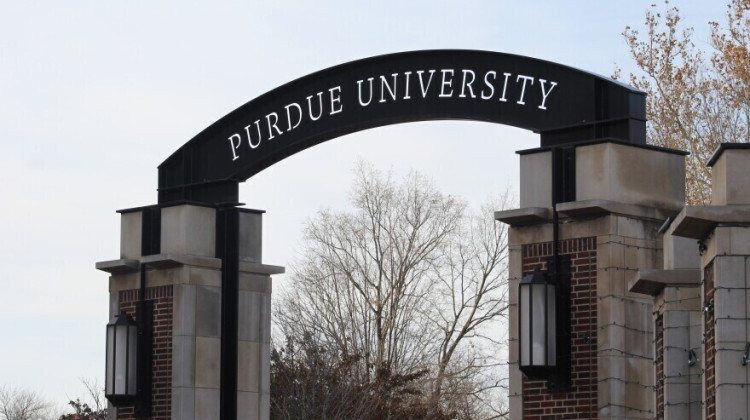The University of Notre Dame and 15 other top schools across the country are being sued for allegedly colluding to limit financial aid to students.
The class-action lawsuit, which was filed in federal court in Chicago on Sunday, accuses Notre Dame and 15 other top universities of engaging in price-fixing to artificially inflate the cost of attendance for students receiving financial aid.
Allegedly, the 16 schools have overcharged at least 170,000 financial-aid recipients by hundreds of millions of dollars over the past two decades.
The complaint alleges that nine of the universities currently participate in a “cartel” called the “568 Presidents Group.” That includes Notre Dame as well as Northwestern University, the Massachusetts Institute of Technology, Columbia, Dartmouth, Duke, Penn and Vanderbilt universities.
It’s named after section 568 of the Improving America’s Schools Act of 1994, which exempts universities from antitrust law if all students are admitted on a need-blind basis.
But according to the suit, the schools have devised something called the Consensus Methodology, which uses the financial circumstances of applicants as a substantial factor in determining the net price of attendance.
For example, that could mean favoring the children of past or future donors or selectively admitting students who are waitlisted based on whether they will need financial aid.
The other six schools — The California Institute of Technology, The University of Chicago, Brown, Cornell, Yale, Emory and Rice universities — are accused of participating in the “cartel” sometime in the past two decades.
The class-action suit is being brought by five former students who attended some of the universities.
Contact Jakob at jlazzaro@wvpe.org or follow him on Twitter at @JakobLazzaro.
If you appreciate this kind of journalism on your local NPR station, please support it by donating here.
 DONATE
DONATE






 Support WFYI. We can't do it without you.
Support WFYI. We can't do it without you.